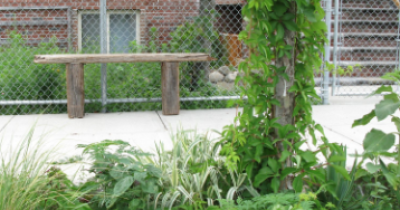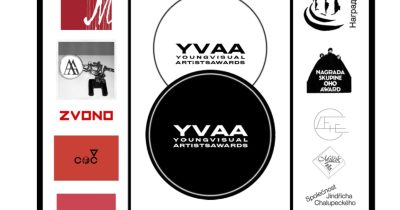Beyond Murals: New York Picks 4 Artists in Residence to Tackle Social Issues
Original The New York Times article can be found here.
New York City has named four new public artists in residence who will devise creative responses to social issues affecting the city.
The four artists, chosen by the Department of Cultural Affairs, will receive $40,000 to develop projects with different city agencies this year. The performance artist Ebony Golden will work with the Office to Combat Domestic Violence; the sculptor Onyedika Chuke, with inmates on Rikers Island; the architect Rachel Barnard, with people under probation; and visual artist Tatyana Fazlalizadeh, with the NYC Commission on Human Rights to create art that combats discrimination.
This is the fourth year of the program, which has manifested in diverging ways. Last year, the theater director and writer Bryan Doerries explored scenes of war in Greek tragedies with homeless veterans to help them deal with trauma and PTSD; and Tania Bruguera created a bicycle messenger service to deliver information about government services to Spanish-speaking communities. While past artists-in-residence jumped right into their projects in January, this crop will instead spend the first three months researching and interacting with these communities to better tailor their projects to their needs.
“This will be an opportunity to do some really big innovative, original work,” Ms. Fazlalizadeh said in a phone interview. “It could be murals, but I’m also trying to think beyond that. I want to think about what I can do to infiltrate all these public areas to tackle these issues.”
Ms. Fazlalizadeh has drawn acclaim for her public art projects, including her “Stop Telling Women to Smile” series. (The campaign inspired a plotline in Spike Lee’s Netflix adaptation of “She’s Gotta Have It,” for which she also served as the show’s art consultant.) She said her work with the city will continue her emphasis on race and gender.
“I want to hear from everyday women, from young girls to older women to women who work in manual labor,” she said. “I think the #MeToo campaign is good because maybe it will inspire women to be more open and loud when it comes to their experiences. Where I come in is to allow them a space to do that with my artwork.”




